Introduction to Flooring Choices: Vinyl Plank and Hardwood
Choosing the right flooring is a big decision. It can change how your home looks and feels. Let’s talk about two popular types: vinyl plank and hardwood. First up, vinyl plank. It’s a tough material that looks like wood but comes at a lower cost. It’s water-resistant, making it great for kitchens or bathrooms. Easy to put in and maintain, it’s a solid choice for many. Now, hardwood. This classic choice brings a warm, natural look to any space. It can last decades if cared for properly but tends to be pricier and may not handle moisture well. When deciding, think about your budget, where you’re installing it, and how much effort you want to put into maintenance. Both options have their perks, so it’s about what works for you.
The Basics of Vinyl Plank Flooring
Vinyl plank flooring, often called luxury vinyl plank (LVP), is a modern flooring solution that mimics hardwood but comes with benefits that real wood can’t offer. It’s made from several layers of synthetic materials, topped with a layer that imitates the look of wood grain. Thanks to technology, the appearance is so convincing, you might find it hard to tell the difference at first glance. One of the big wins of LVP is its water resistance. Unlike hardwood, which can warp and swell when wet, vinyl plank stands strong against spills and humidity, making it a great option for areas like kitchens and bathrooms. It’s also a champion in durability. The wear layer on top protects it from scratches and dents, so pets and kids are no match for it. And on the money side, vinyl plank typically costs less than hardwood. You can expect to pay less for materials and installation, making it a budget-friendly choice without having to sacrifice the elegant look of wood. Plus, it’s a breeze to keep clean. A quick sweep and an occasional mop are all it takes to keep these floors looking fresh. So, for those who love the look of wood but need something more practical, vinyl plank flooring might just be the ticket.
Understanding Hardwood Floors
Hardwood floors are a classic choice that have been popular for decades. They add a warm, natural look to any home and are available in various types and shades. Hardwood is durable and can last for generations with proper care. However, it’s important to note that hardwood floors can be sensitive to moisture and prone to scratches. They typically need refinishing every 10 to 20 years to keep them looking their best. When considering hardwood, remember that the cost can vary widely based on the wood type. Oak, maple, and cherry are popular, but exotic woods like mahogany can be more expensive. Despite the higher upfront cost, many choose hardwood for its timeless appeal and the value it can add to a home.
Durability Comparison: Vinyl Plank vs. Hardwood
When we talk durability, there’s a clear divide between vinyl plank and hardwood floors. Vinyl plank flooring is known for its resilience. It strongly stands up to daily wear and tear, making it a solid choice for high-traffic areas. It’s also water-resistant, a big plus for kitchens and bathrooms where spills happen. On the flip side, hardwood brings its own version of durability to the table. It can last decades—and we’re talking 25 years or more if you treat it right. But, it doesn’t take kindly to moisture and can scratch and dent more easily than vinyl.
Hardwood’s saving grace? You can refinish it. When it starts to show its age, a good sanding and refinishing job can make it look brand new. Vinyl plank, though tough, can’t be refinished. Once it’s worn, you’re looking at replacement. So, in the battle of durability, vinyl plank floors may resist daily abuse better, but hardwood floors have the potential to last a lifetime with a bit of care. Your choice depends on what kind of durability matters most to you: the ability to withstand the daily grind or the possibility to renew and extend its use over years.
Cost Analysis: Breaking Down the Expenses
When it comes to choosing between vinyl plank and hardwood floors, the cost plays a big part in the decision. On average, hardwood floors can set you back \(3 to \)12 per square foot just for the materials. Installation adds another \(3 to \)8 per square foot to the bill. So, all in, you’re looking at a significant investment. Now, vinyl plank floors are the more wallet-friendly option. The materials typically cost between \(1 and \)5 per square foot, with installation costs ranging from \(1 to \)2 per square foot. Overall, vinyl plank is more cost-effective, especially for larger areas. Plus, modern vinyl planks offer a realistic wood look without breaking the bank. But remember, hardwood floors are known for their durability and can increase your home’s value. So, the choice isn’t just about the upfront costs. Consider the long-term value and how each option fits your lifestyle and home aesthetics.
Aesthetic Appeal and Style Variations
When it comes to the look and style of your floors, both vinyl plank and hardwood offer unique advantages. Hardwood floors bring a timeless beauty to your home. Their natural grain and color variations add warmth and character, creating an elegant and inviting atmosphere. Over time, hardwood can also develop a rich patina that adds to its charm.
Vinyl plank, on the other hand, offers remarkable versatility in design. With advancements in printing technology, vinyl flooring can mimic the look of hardwood, stone, tile, and more. You can choose from an array of patterns, colors, and textures to match any decor style, from classic to modern. It’s an excellent choice for those who love the wood look but need something more resistant to moisture and wear.
While hardwood floors boast an authentic appeal, vinyl plank provides practicality and style flexibility. Your decision might come down to whether you value the genuine beauty and longevity of hardwood or the customizable and resilient nature of vinyl plank.
Installation Process for Vinyl Plank and Hardwood Floors
Installing floors isn’t just about picking materials; it’s also about understanding what you’re signing up for. Let’s break it down, keeping things simple.
First up, vinyl plank. It’s the friendlier option for DIY enthusiasts. Vinyl planks tend to come with a click-and-lock system that doesn’t need special tools or skills. You line them up, click them into place, and bam, you’ve got a floor. It can go over many existing floors, reducing prep work. Plus, you don’t need to vacate your home; it’s a quicker, less intrusive process.
Now, hardwood floors. This is where things get a bit more complex. Hardwood installation requires nailing each plank into the subfloor. It often needs more preparation, including removing the existing floor, ensuring a level subfloor, and acclimating the wood to your home’s humidity before installation. Hardwood installation is usually not a DIY job – it’s louder, messier, and takes longer, often requiring you to leave the house for a bit.
In a nutshell, vinyl plank installation is like putting together a puzzle where all pieces are designed to fit. Hardwood installation? It’s more like building a piece of classic furniture - meticulous, exact, and often best left to professionals.
Maintenance and Care: Keeping Your Floors in Top Shape
Keeping your floors in top shape is crucial, whether you’ve chosen vinyl plank or hardwood floors. Both need regular attention, but the ways to care for them differ. Vinyl plank flooring is a champ for ease of care. You’ll need to sweep or vacuum regularly to prevent dirt from scratching the surface. Spills? No sweat. Just wipe them up quickly. For a deep clean, use a mild cleaner and a damp mop. Avoid harsh chemicals and steam mops; they can damage vinyl floors.
Hardwood floors, while beautiful, ask for a bit more love. Sweep or vacuum often to avoid scratches from debris. Spills should be wiped up immediately to prevent water damage. Use a pH-neutral cleaner specifically for hardwood, and occasionally, you might need to refinish your floors to keep them looking fresh. Always use felt pads under furniture legs and rugs in high-traffic areas to protect the wood.
In short, vinyl is low-maintenance and forgiving, ideal for busy lifestyles. Hardwood requires a bit more effort but rewards you with timeless beauty and durability. Remember, the right care keeps your floors looking great and extends their life, so whichever you choose, give it the attention it deserves.
Environmental Impact and Sustainability
When it comes to the environmental impact and sustainability of vinyl plank and hardwood floors, there’s quite a bit to unpack. Hardwood floors are made from natural wood, which is a renewable resource. If sourced responsibly, wood can be harvested with minimal impact on the environment. This means choosing hardwood from suppliers who ensure the wood is coming from forests that are managed sustainably. On the flip side, vinyl plank floors are made from synthetic materials, primarily polyvinyl chloride (PVC), which is not as eco-friendly. The production of PVC involves petrochemicals and releases various chemicals into the environment, raising concerns over its lifecycle impact.
However, it’s not all black and white. Hardwood floors might be the greener option at face value, but they require trees to be cut down, which can contribute to deforestation if not managed properly. In contrast, some vinyl plank products are trying to go green by incorporating recycled materials into their products and improving manufacturing processes to be more environmentally friendly.
In the long term, both options have their pros and cons. Hardwood floors can last decades with proper care, potentially making them a more sustainable choice over time as you won’t need to replace them as often. Vinyl plank, while not as long-lasting, offers a more affordable and practical alternative for those looking to minimize their upfront environmental impact without the commitment of hardwood.
When choosing between the two, consider not just the immediate environmental impact, but also the longevity and sustainability of the product over time. Your decision can have a lasting effect on the planet.
Final Thoughts: Which Flooring is Right for You?
Choosing between vinyl plank and hardwood floors boils down to what matters most to you in your home. If you’re all about the authentic look and feel, nothing beats hardwood. It’s timeless, adds value to your property, and can last for decades with proper care. But, if budget, durability, and ease of maintenance are your top priorities, vinyl plank flooring might just be your best bet. It’s tough against spills and scratches, making it ideal for busy households or those with pets. Plus, it can mimic the look of hardwood without breaking the bank. Think about your lifestyle, budget, and the look you’re going for. Ultimately, the right flooring for you is the one that meets your needs and makes you happy to come home every day.


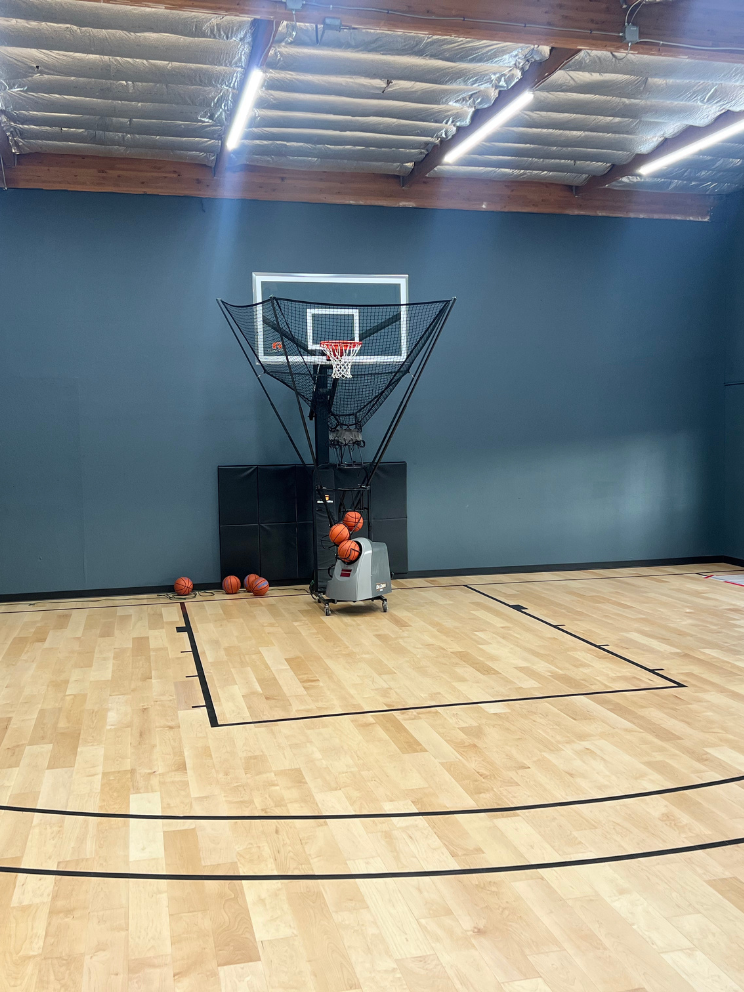
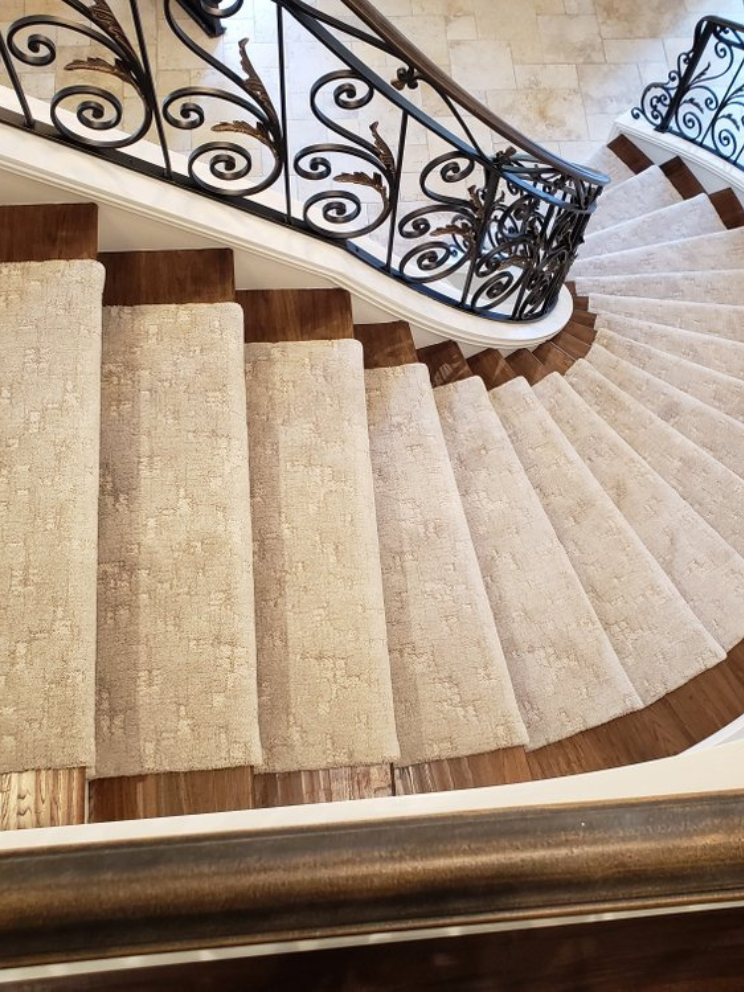
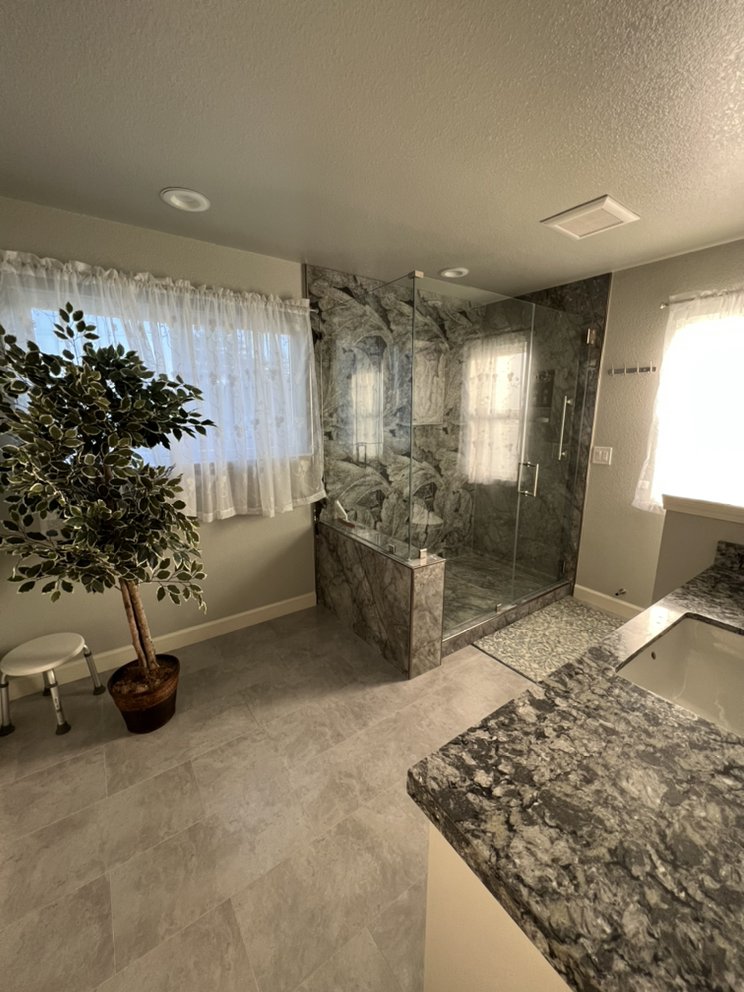
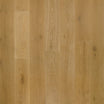




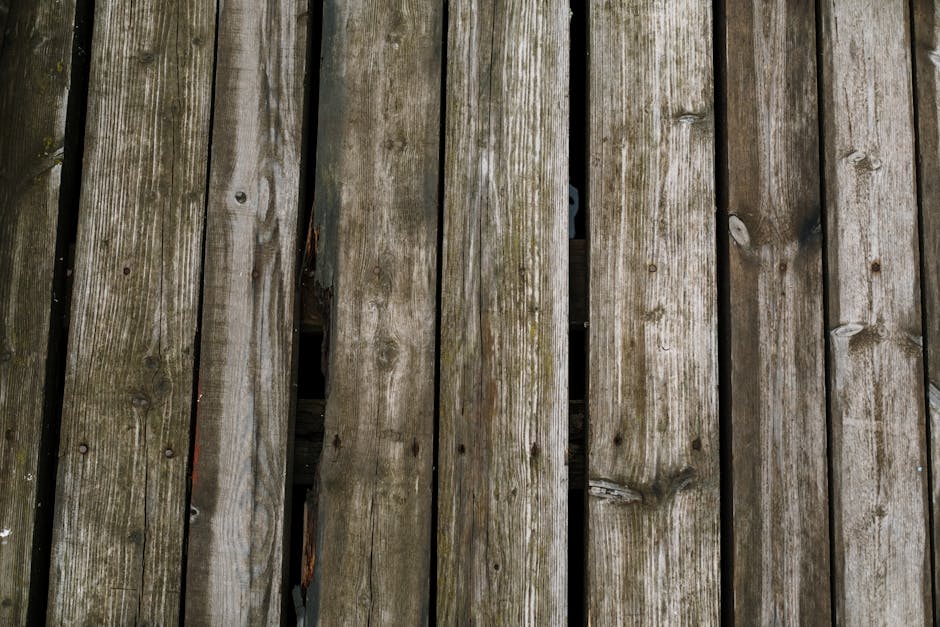
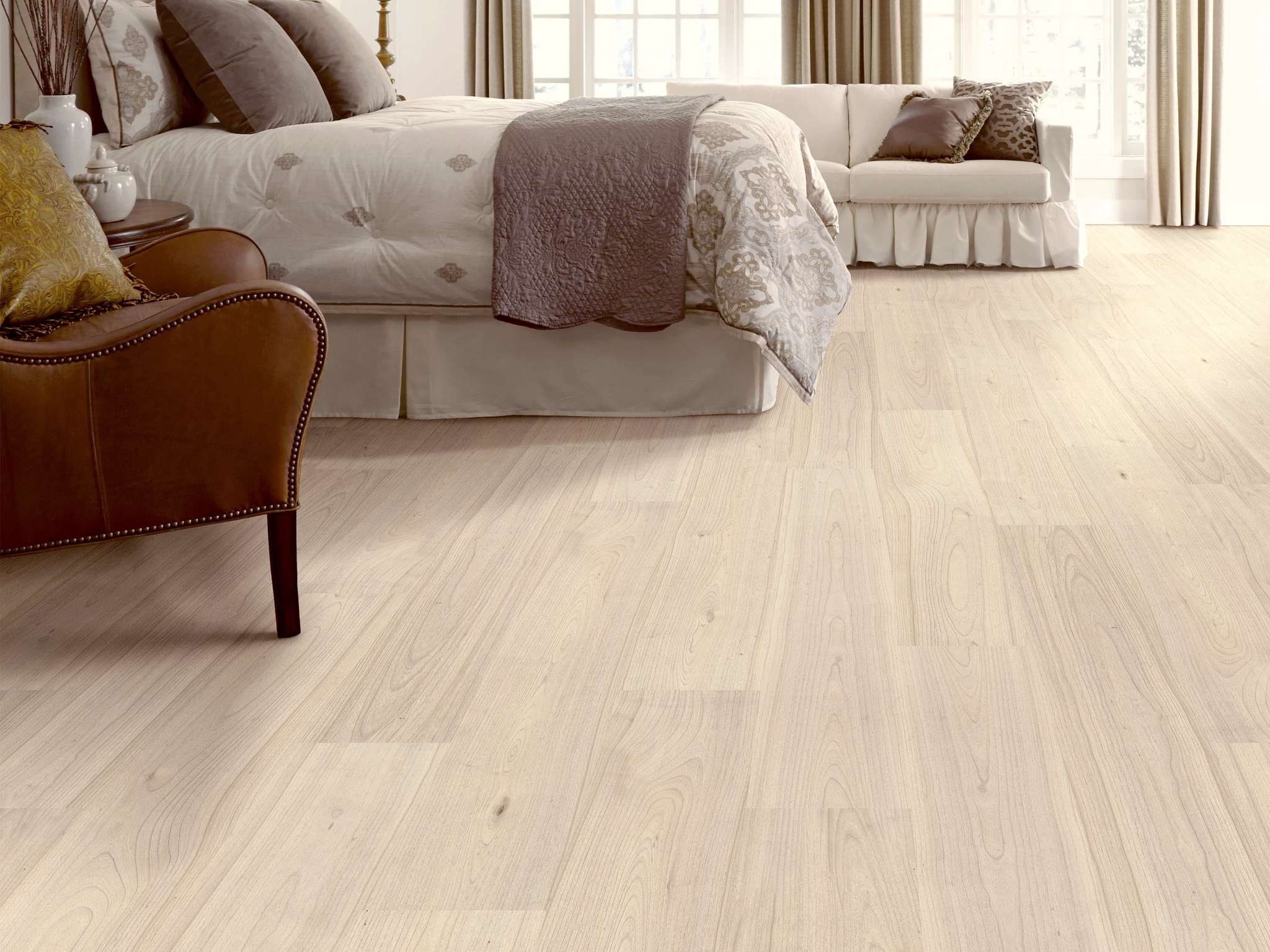

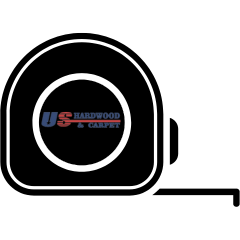

Leave a comment
This site is protected by reCAPTCHA and the Google Privacy Policy and Terms of Service apply.